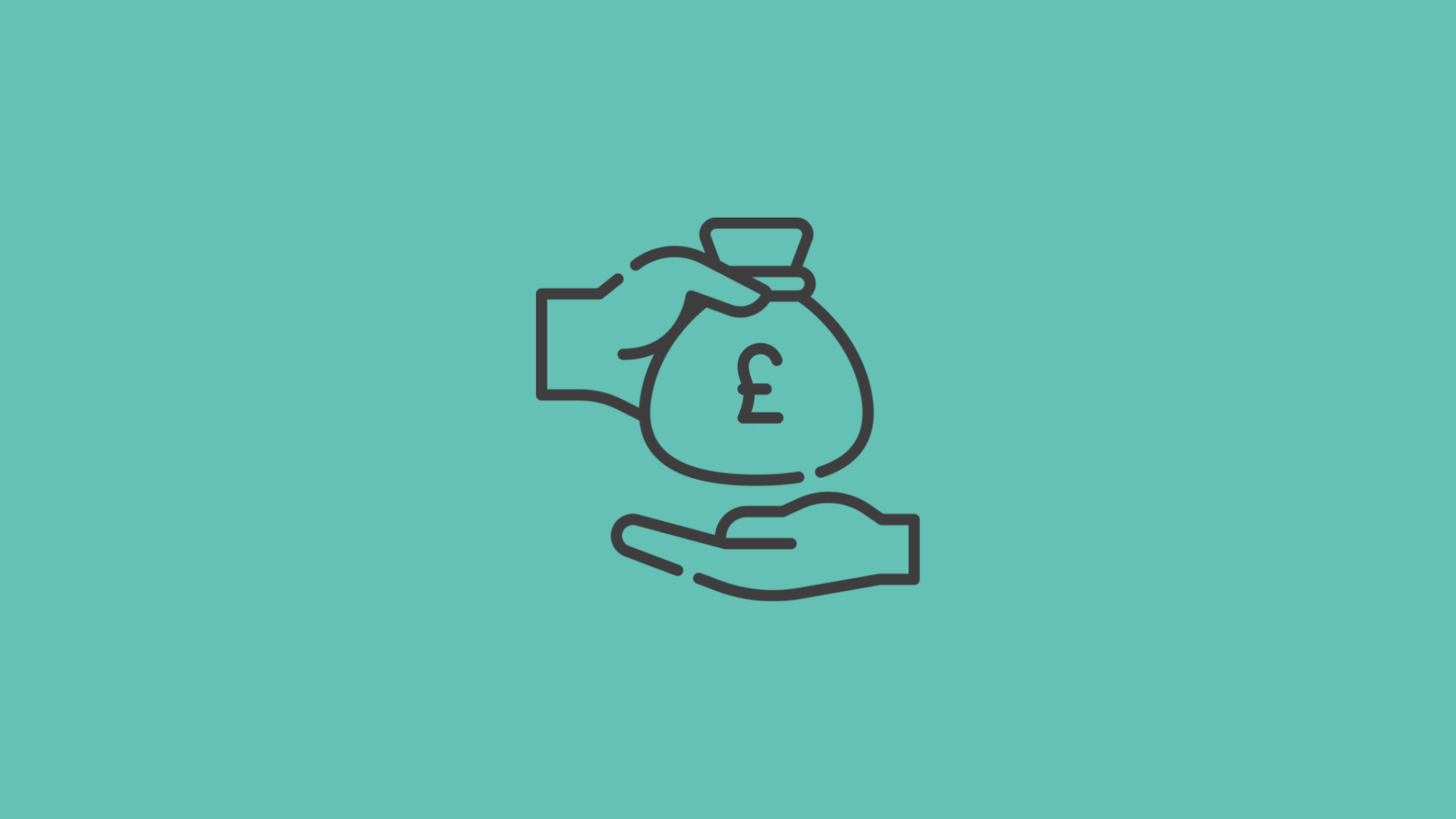

Ways to raise funds for your business
10th June 2019

Author
Tom Mills, Investment Manager, Seedrs
Seedrs provide investment opportunities in the best new startup businesses. They specialise in helping startups secure seed and angel investment, through their top European equity crowdfunding platform.
Taking your business to the next level, no matter what stage you’re at usually requires money. There’s a wealth of options available, but which is best for you, your business and current situation? You may find you need more than one source of capital for your business over its lifetime. Let’s take a look at the various options:
Bootstrapping: best very early on when there’s no or limited team costs
If you build your business without borrowing money or parting with equity, you’re ‘bootstrapping’. Instead of seeking funds from external sources, bootstrappers use their personal income and savings to support the business. They also focus on operating at the lowest cost possible. Some of the world’s largest companies started out as bootstrapped ventures, including the likes of Apple, Burt’s Bees and Coca-Cola.
Grants: best suited for early-stage, but good throughout
If you’re developing a product or service, you may be eligible for a grant. It might be worth taking a look at the government’s Finance and Support for your Business site and researching the options that are currently available. Some universities also provide grants that are usually designed to help early-stage spin outs or to fund research. But, note that grants often involve significant application administration and time to secure.
Debt financing: an option for those who already have cash flow
If you need funds and can demonstrate a reasonable cash flow, debt financing may be most appropriate. This can take the form of:
Bank loans
These fall into two types; Unsecured business loans and secured business loans, which are typically taken out from a bank or building society. With unsecured loans, the amount that can be provided and the interest rate you’re offered will depend on your personal credit rating and the creditworthiness of your business. Because this type of loan isn’t secured against your home or business, the amount you could borrow will probably be relatively small. To borrow more, you may consider a secured business loan. A secured business loan can be secured against your home, the stock you’re purchasing and on the assets belonging to the business. Depending on the assets you can put up as security and your circumstances, you may be able to borrow substantial amounts.
Government-backed startup loans
Exclusively for startups. If your business is just getting off the ground, it’s worth looking into government-backed schemes to find out if you’re eligible for any start-up loans. is a government-backed scheme that’s designed to help people start or grow a business in the UK. As well as a loan, you may be able to get free mentoring.
Peer to peer lending (p2p)
The loan comes from private lenders and firms. This type of loan is carried out through an online platform. Some, such as Funding Circle, lend from £5,000 to £1 million. A more competitive interest rate on borrowing is usually offered than banks can provide. And, the funds are usually paid a lot faster than if you went through a bank. Once approved, they can generally be paid out within two weeks.
Invoice financing
If you need additional money for cash flow purposes rather than in a few months when a large invoice is due to be paid, invoice financing may be appropriate. With invoice financing, a third party ‘buys’ your unpaid invoices from you and lends you money against their value.
There are two types: factoring and invoice discounting. With factoring, the invoice financier (such as Market Invoice) collects the money owed to you by your customers. With invoice discounting, the invoice financier lends you money against the value of your unpaid invoices, but you collect the money from your customers as usual. You then use this money as it comes in towards repaying your loan. Best for well-established companies that have a bit more financial certainty.
Equity funding: suitable for a range of businesses at different stages
With equity funding, you receive investment in exchange for transferring a percentage of the ownership of your company to investors. There are a few types to consider:
Incubators and accelerators: best for very early stage
This type can provide both funding as well as valuable support. Some specialise in particular sectors, which can add extra value with tailored advice provided. You may be offered space with the accelerator, where you get advice from advisors and successful entrepreneurs. The aim is to fast-track your business for further growth and gain additional investment.
Equity crowdfunding: ideal for a range of stages and offering broader benefits
Businesses raise funds through an established Equity Crowdfunding platform – such as ourselves here at Seedrs. The business decides the amount they need to raise and the amount of equity that they’re prepared to offer investors. This form of fundraising has a broader range of benefits, namely:
1. Raise capital from a diverse range of investors
Raise investment from one of the world’s largest investment communities on Seedrs alongside your existing investors, customers and family and friends.
2. Customer engagement
Your early customers have been your biggest supporters. This route makes it easy to give your customers the opportunity to share in your success. Seedrs’ investor relations portal allows you to continue building loyalty with your investors.
3. Customer acquisition
Seedrs provides bespoke marketing packages and exclusive deals on promotional activity that include digital marketing, email marketing, dedicated PR and even advertising on the London Underground which will drive your customer acquisition.
4. Brand awareness
Reach new audiences in new markets. Get exposure to our user base spanning 94 countries, and support from our PR and marketing teams to create an impactful and effective crowdfunding campaign which tells your story.
5. Scaling support
The support doesn’t stop once you finish your raise, it scales with you. This option is more of a long-term funding partner, not a transactional platform.
For example, the legal structure provided by the Seedrs Advantage Nominee means that you only have one name on the cap table, making looking after 100s or 1,000s of shareholders straightforward.
Whether its access to further capital through follow-on rounds, the growth services provided through our Alumni Club, support managing your crowd investors we’re invested in your success.
Convertible equity: best for a fast-growing startup or early-stage
This is very similar to equity crowdfunding, in fact, Seedrs also offers convertible equity. The difference is convertible equity allows the company to raise money in exchange for issuing shares at a later date when a specified trigger event happens, usually the next funding round, such as a Series A. In return for investing early and taking on a higher risk, investors receive a discount on the price set by the next funding round.
‘Raising a convertible’ enables a company to raise finance without having to put a value on the business. This is useful because valuing a fast-growing startup or early-stage company can be pretty awkward in the early stages, with so little time to have built up a track record. Instead, a valuation can be delayed until a major financing event, such as a larger funding round. By the time this event takes place, there may be more facts and figures to help establish a valuation.
Angel investors: best for early/mid stage
These are high-net-worth or sophisticated individuals looking to invest in a portfolio of other businesses. As well as helping to raise money for your business, they offer to share their expertise and contacts. Angel investors invest alongside the ‘crowd’ on Seedrs.
Venture capital firms: best for mid/later stage
At this stage, the business model will have been proven and the focus will be on looking to scale. VC’s typically invest larger amounts. They can manage investment from a wide range of investors but may also be investing on behalf of pension funds. Be prepared for a high level of scrutiny. Also, VCs may demand a high level of involvement in your business to help drive growth and see a return, as they’re acting on behalf of clients who are seeking significant returns. Venture capital funds invest alongside the crowd on Seedrs, on the same terms.
Reward-based crowdfunding: for pre-launch, creative businesses
Not to be confused with Equity Crowdfunding, this can be likened to pre-ordering. As well as securing funds, you could also gain early brand ambassadors. You access the service through a platform, such as Kickstarter. People provide funds in return for receiving the finished product at a later date. Sometimes they receive a discount against future purchases or other rewards. This type of funding can help you to build up a lot of loyal supporters and raise a high amount of capital if it proves popular.
Which route is right for you to raise funds for your business?
It’s not easy to decide which option to go with to raise money for your business. It is likely that over the life of the business it will utilise a combination of the above options depending on the need at the time.
If you think Equity Crowdfunding might be the best option, check if we’re right for you by completing our suitability check
Keep up to date with what we’re up to via email
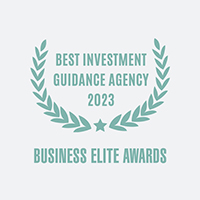

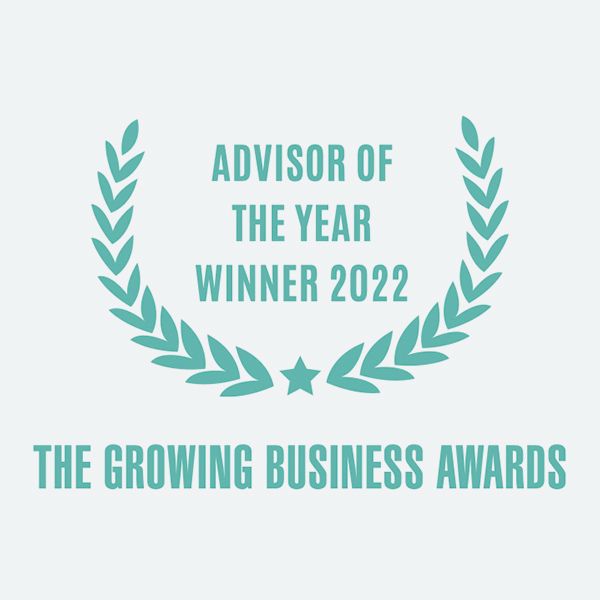
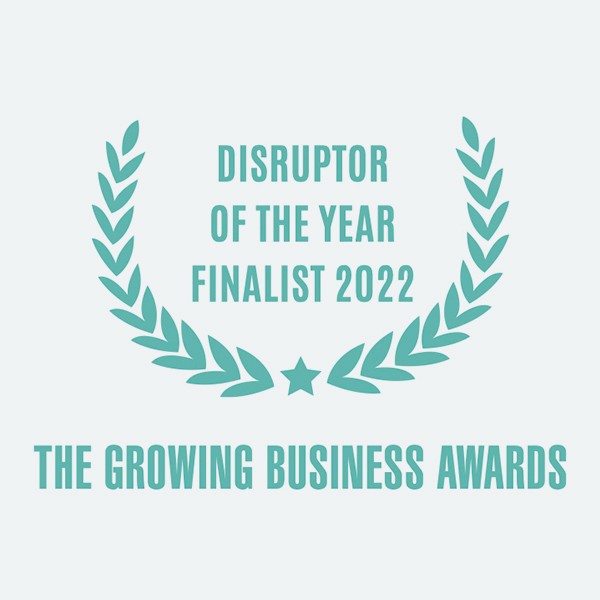
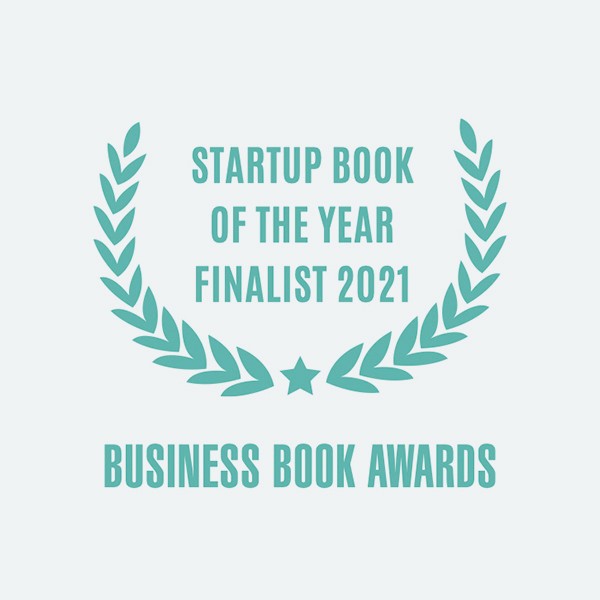

Copyright ©Robot Mascot Ltd. All rights reserved.


